At the scientific workshop with the theme "Amending the Land Law: Creating land for tourism" on the morning of October 19, Lawyer Nguyen Hong Chung - Chairman of the Board of Directors of DVL Ventures, Vice Chairman of the Hanoi Real Estate Club - raised the issue: Article 62 of the 2013 Land Law stipulates cases where the State reclaims land for socio -economic development for national and public interests.
Projects in which the State recovers land are determined to upgrade technical infrastructure and common social infrastructure of the population, ensuring social security for the population, excluding projects with the goal of developing tourism , entertainment, or combining commercial housing with tourism development, service works, entertainment.
In the period from 2015 to 2019, tourism developed strongly, many provinces and cities considered tourism development as a good direction, identifying tourism as a spearhead. This led to the fact that although the law stipulates that tourism real estate is not subject to land acquisition by the State, because tourism projects are identified as key projects, many provinces still acquired land and allocated land to businesses.
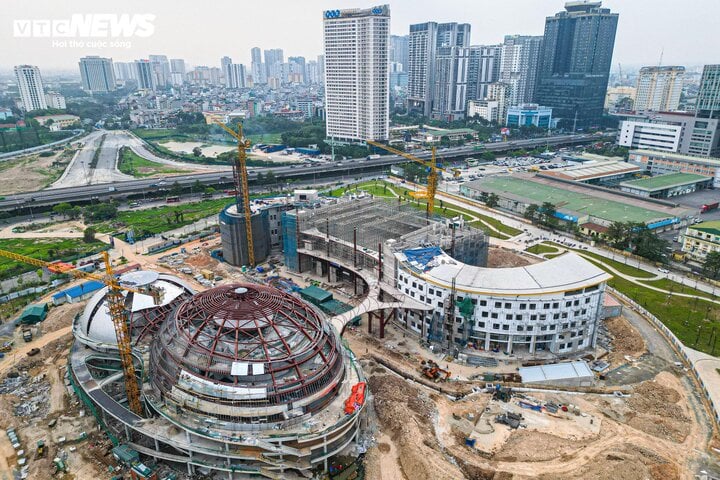
According to experts, it is necessary to create land funds for tourism development. (Illustration photo)
As a result, after 2019, legal issues related to tourism real estate began to arise. When there was a request for review, a series of projects were suspended due to land allocation regulations and until now, those projects are still suspended waiting for a new legal framework.
“ For tourism to truly become a spearhead economic sector, I think the new Land Law needs to have specific regulations on tourism land. At the same time, there should be truly open policies and mechanisms on land, taxes, investment, etc. for tourism to develop.
Economic development in each stage has different priorities. When we have identified tourism as a spearhead, tourism projects such as amusement parks, entertainment complexes, multi-purpose complexes, etc. must be added to the list of land that the State will reclaim for socio-economic development ,” Mr. Chung proposed.
Real estate legal expert Nguyen Van Dinh also pointed out another shortcoming in the Draft Law on Land (amended), which is that in cases of land recovery for socio-economic development for national and public interests as stated in Article 79 of the Draft Law on Land (amended), there are currently no projects for developing tourism, entertainment, and recreation.
The draft only stipulates land recovery for mixed housing, commercial and service projects if decided by the Provincial People's Council in accordance with local conditions.
Thus, the project must "stick" to a part of the residential function (no regulation on the level or percentage) for the State to reclaim the land.
“ I agree with the view that land should be reclaimed for both purely tourism, entertainment and recreation projects (without residential functions). However, in locations suitable for tourism, priority should be given to land reclaiming to implement key tourism projects, creating momentum for local socio-economic development, and even creating momentum for the entire region, ” Mr. Dinh expressed.
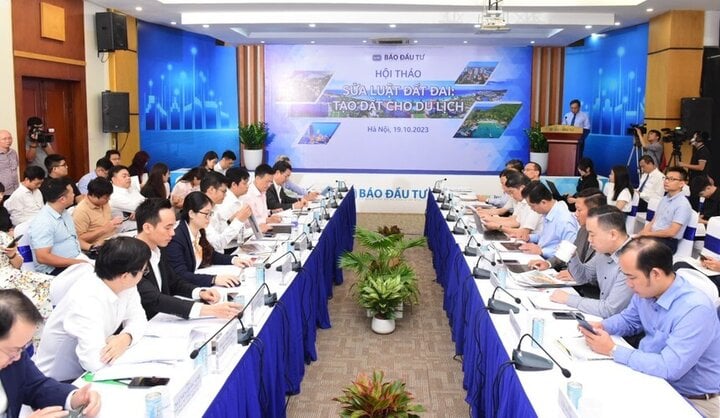
Scientific workshop with the theme "Amending the Land Law: Creating land for tourism".
Mr. Dinh analyzed that in reality, if land acquisition is not allowed, it is impossible to implement large-scale projects to attract potential and capable investors. If the current draft law is kept, the implementation of key tourism projects will be blocked. In order to implement tourism, entertainment and recreation projects, localities are forced to "insert" a portion of residential land (possibly a very small proportion) into the project's planning scheme to meet the conditions for land acquisition.
This form of “dodging” will cause consequences. The residential land fund is not used, causing waste of resources or if used, it will form a residential function within the scope of the tourism project. The long-term residence of residents in the project will reduce the level of luxury of a resort tourism project. Therefore, Mr. Dinh believes that it is necessary to add to Article 79 of the draft the case of land recovery to implement purely tourism, entertainment and recreation projects without housing functions.
Sharing the same view, Dr. Do Thanh Trung - Advisor to the Board of Directors - Phuc Khang Investment and Construction Joint Stock Company also said that the regulation that tourism, entertainment and recreation projects (using private capital) are not included in the cases of land recovery for socio-economic development in the Draft Law on Land (amended) will make it difficult for investors to access land funds to implement projects.
In particular, for large-scale projects, investors can only access land to implement the project through an agreement to receive land use rights transfer. However, in a large area of land, reaching an agreement with 100% of households is very difficult.
Because there will be cases where some households do not accept the price offered by the investor. Moreover, the land where the project is implemented is not only inhabited by ordinary people but also possibly by speculators, so there may be a situation of price pressure on investors.
While Article 128 of the Draft Land Law (amended) does not stipulate a handling mechanism for cases where the entire transfer cannot be agreed upon, the State will support land recovery.
“ Therefore, the proposal to add large-scale tourism, entertainment and recreation projects: “New Urban Area projects with a scale of over 300 hectares”, “mixed housing projects or new urban areas combined with commercial business, services, entertainment and recreation areas, multi-purpose complexes” within the scope of bidding for projects using land to have State intervention in land recovery is necessary ”, Mr. Trung emphasized.
Chau Anh
Source


![[Photo] Top players gather at the 2025 Nhan Dan Newspaper National Table Tennis Championship](https://vphoto.vietnam.vn/thumb/1200x675/vietnam/resource/IMAGE/2025/5/23/9ad5f6f4faf146b08335e5c446edb107)


![[Photo] Anh Hoang - Dinh Duc successfully defended the men's doubles championship of the National Table Tennis Championship of Nhan Dan Newspaper](https://vphoto.vietnam.vn/thumb/1200x675/vietnam/resource/IMAGE/2025/5/23/d6ab3bcac02c49928b38c729d795cac6)






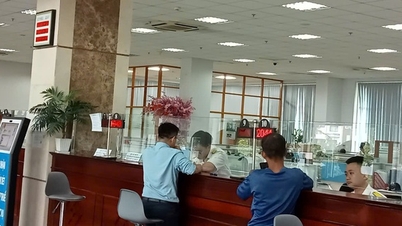

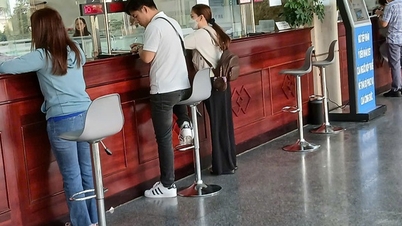


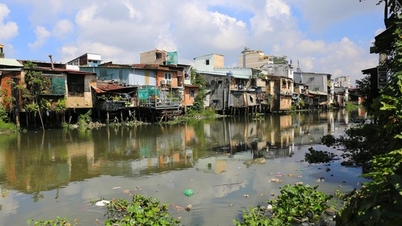
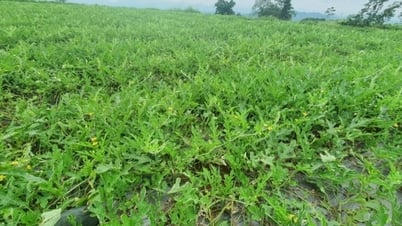

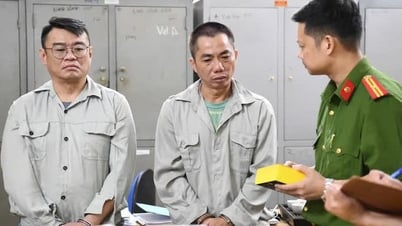
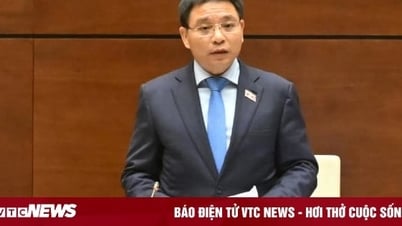
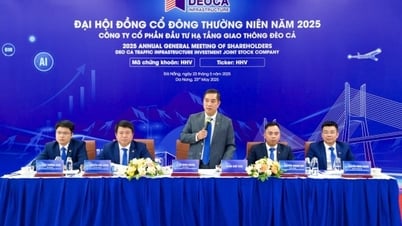

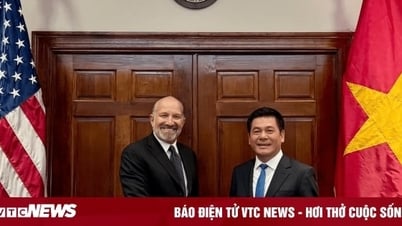




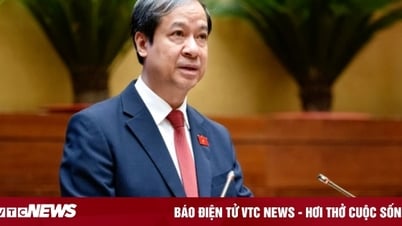
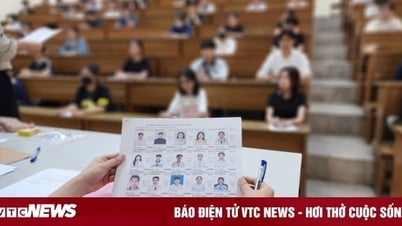

















































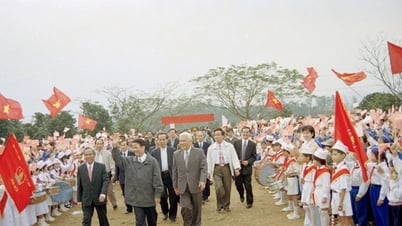



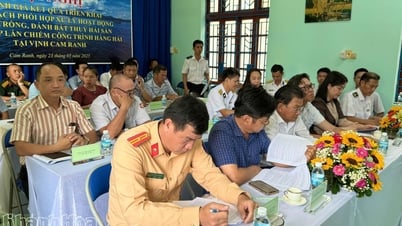

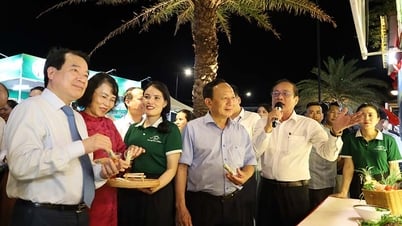

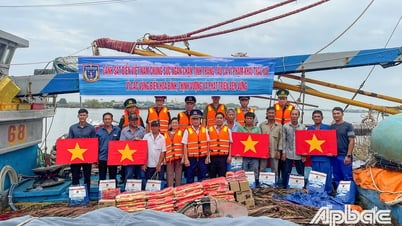














Comment (0)